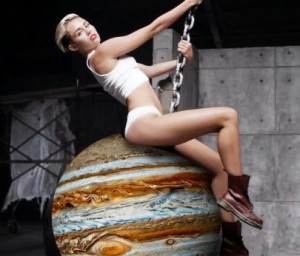Phonons are elemental particles that transmit heat. Scientists recently discovered that phonons can be affected by magnetic fields similarly to how a compass is affected by a nearby magnet. By using a magnetic scanner thousands of times stronger than a refrigerator magnet scientists were able to reduce the amount of heat transferred by phonons. Scientists have known for decades that magnetic fields can affect photons, elemental particles of light, but had not seen evidence it could affect phonons carrying heat and sound. Before this experiment it was not known whether magnetic fields could affect phonons. This discovery will change how materials are engineered and may contribute to materials that are better at deflecting sound and heat.
http://www.sciencedaily.com/releases/2015/03/150323130847.htm Science news summary
http://www.nature.com/nmat/journal/vaop/ncurrent/full/nmat4247.html Research article
http://news.osu.edu/news/2015/03/23/heatmag/ Press release
http://phys.org/news/2015-03-landmark-magnets.html Science news summary
http://abstracts.its.org/abstractdetails/10416 Basic description of phonons
http://www.britannica.com/EBchecked/topic/457336/phonon Phonon definition


